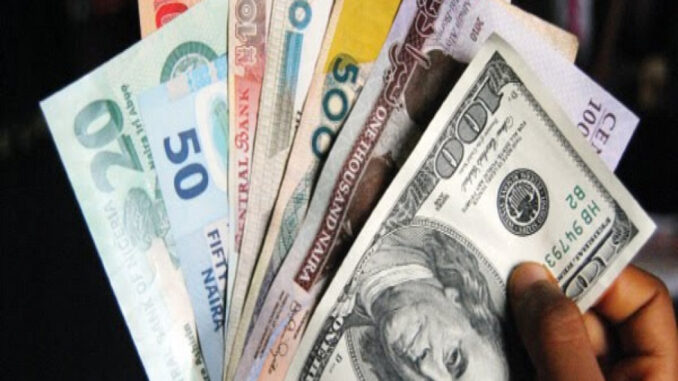
It is the norm to hear talks around the need for convergence in Nigeria’s foreign exchange (FX) markets. This implies that there is mispricing. Historically, this mispricing has always been between the parallel market rate, which trades at a premium to the CBN’s managed rates across different FX windows.
There are many of these FX windows in Nigeria, including the official rate at which the government conducts FX transactions, rates for pilgrimage, rates for SMEs, Bureau De Change (BDC) rates, International Money Transfer Operators( IMTO) rates, and the interbank rates, to mention a few. These windows were created as the CBN sought to offer reprieve to selected segments of the economy during a crisis. In recent times, Nigeria’s FX liquidity crisis has been driven by a mix of oil prices, production shocks, and capital flights that reduce FX receipts.
While these have always been temporary, because there is a recovery in the short-term, the FX windows remain for longer, even during periods of stability. And indeed, convergence in rates across the different windows of the CBN has been sought but ultimately unmet since the crisis of 2015/2016.
The law of one price is an economic concept that says that identical assets should trade at a similar price in the absence of friction. On this basis, it should be clear that the Naira trades differently across the different FX markets due to certain reasons. This is mainly due to the CBN’s rigid management of rates in some segments, with the different rates creating arbitrage opportunities. However, in an efficient market, arbitrage opportunities are not around for an extended time. Market participants are quick to buy cheap in the market with a lower exchange rate to sell at a higher exchange rate in the premium market. Higher demand in the discounted market puts upward pressure on the exchange rate while increasing supply in the premium market puts downward pressure on exchange rates. The interaction between the two forces creates a new equilibrium exchange rate that clears the market and corrects mispricing.
However, because the market is broken and inefficient in Nigeria, arbitrage opportunities persist for a long. This does not encourage the pursuit of valuable economic activities because FX trading can yield significant returns. Currently, the return is as high as the difference between the parallel market rate of N485/$ and the official rate of N380/$, which is N105/$ or 27.6%- for doing nothing!
While these have always been temporary, because there is a recovery in the short-term, the FX windows remain for longer, even during periods of stability. And indeed, convergence in rates across the different windows of the CBN has been sought but ultimately unmet since the crisis of 2015/2016.
The law of one price is an economic concept that says that identical assets should trade at a similar price in the absence of friction. On this basis, it should be clear that the Naira trades differently across the different FX markets due to certain reasons. This is mainly due to the CBN’s rigid management of rates in some segments, with the different rates creating arbitrage opportunities. However, in an efficient market, arbitrage opportunities are not around for an extended time. Market participants are quick to buy cheap in the market with a lower exchange rate to sell at a higher exchange rate in the premium market. Higher demand in the discounted market puts upward pressure on the exchange rate while increasing supply in the premium market puts downward pressure on exchange rates. The interaction between the two forces creates a new equilibrium exchange rate that clears the market and corrects mispricing.
However, because the market is broken and inefficient in Nigeria, arbitrage opportunities persist for a long. This does not encourage the pursuit of valuable economic activities because FX trading can yield significant returns. Currently, the return is as high as the difference between the parallel market rate of N485/$ and the official rate of N380/$, which is N105/$ or 27.6%- for doing nothing!
END

Be the first to comment